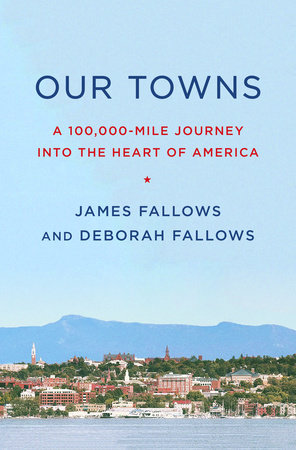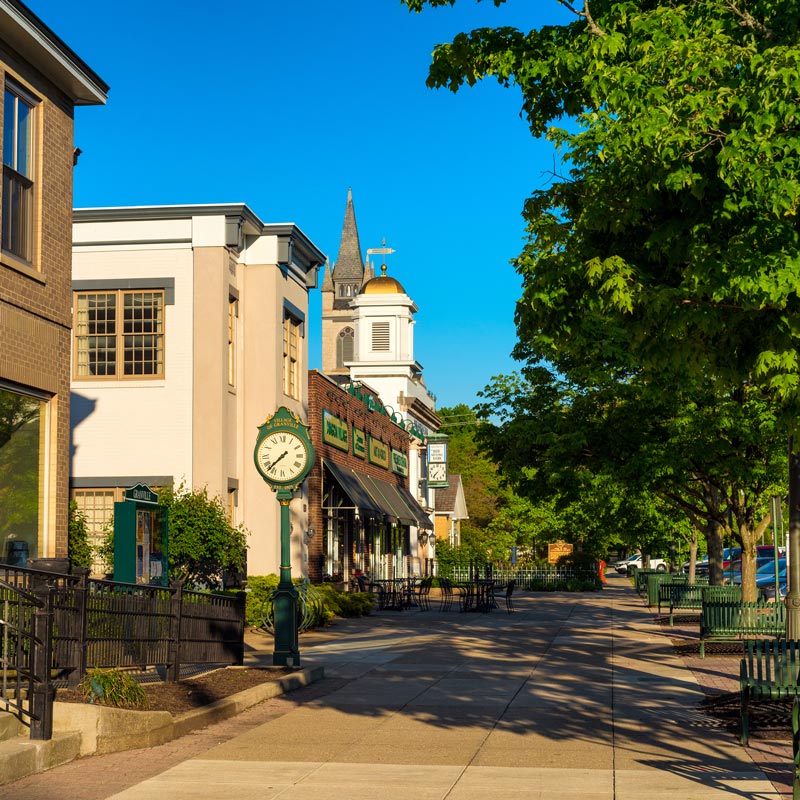 Our default view of health is to think in terms of individuals – a specific disease or disability or how long a person will live. But a perspective that focuses only on one person omits a crucial, indispensable component of health: the well-being of people collectively.
Our default view of health is to think in terms of individuals – a specific disease or disability or how long a person will live. But a perspective that focuses only on one person omits a crucial, indispensable component of health: the well-being of people collectively.
When we talk about the health of a family, a neighborhood, or a city, we understand that health occurs at multiple levels, and these are mutually reinforcing. A healthy town produces healthy people, healthy people produce healthy towns. That is why Missouri Foundation for Health’s mission is to improve the health of people and communities.
This has important implications for all of us. It means that we are interdependent; the health of your neighborhood influences your health and vice-versa. The obvious example is how communicable diseases spread, but many other factors that influence health – from toxic stress to adequate shelter to access to education and healthy food – are our collective responsibility.
A principle site for this collective responsibility to take place is in our towns. Their importance to health is captured in the phrase, “Your ZIP code is more important to your health than your genetic code.” Towns are where we can take direct action to improve our lives – to create healthy environments, start businesses, find meaningful work, raise families, and help each other so that together we build community well-being.
Towns are the principle locations of – to use De Toqueville’s phrase that captured our nation’s unique character – “associations.” These are the organizations formed when citizens came together and took action to respond to community needs. The result is a diverse nonprofit sector that includes health clinics, day cares, places of worship, food pantries, senior centers – the institutions that support us and our fellow residents when we need help. And the people who work in these institutions know that their work is meaningful for the people they work with, for themselves, and ultimately for the entire community.
 De Toqueville’s famous 1837 tour of the United States now has a contemporary companion – “Our Towns” by James and Deborah Fallows. The Fallows travelled more than 100,000 miles over five years to visit dozens of towns across America to examine the civic, economic, and social renewal of areas outside major metropolises and under the radar of national media. They found stories of growth, challenge, and creativity in the ongoing renewal and rebuilding of these towns.
De Toqueville’s famous 1837 tour of the United States now has a contemporary companion – “Our Towns” by James and Deborah Fallows. The Fallows travelled more than 100,000 miles over five years to visit dozens of towns across America to examine the civic, economic, and social renewal of areas outside major metropolises and under the radar of national media. They found stories of growth, challenge, and creativity in the ongoing renewal and rebuilding of these towns.
I could not help thinking of Missouri’s smaller communities as I read this book, and the progress underway across our state. The Fallows note the value of “big plans” in successful towns, which they define as a plan that sets a reasonable time horizon of around 20 years to deliver results. #STL2039 is the year Forward Through Ferguson chose as an indicator of when generational change in STL racial equity should be achieved; these are the kind of big plans we need.
During their travels, the Fallows came to understand that “public-private partnerships” are an important ingredient in successful towns. I immediately thought of Springfield, Missouri, and the myriad community-wide public-private partnerships, such as the Healthy Living Alliance, a network of people and organizations working together to advocate for healthy policies and encourage healthy, active living. It also brought to mind the work of Bootheel Babies and Families, a key partner in our Infant Mortality Reduction Initiative, and how it is joining together with public and private entities to address a tragic issue that puts an emotional and economic burden on everyone in their region.
In successful towns, the Fallows also found that “people work together on practical local possibilities, rather than allowing bitter disagreements about national politics to keep them apart.” This is an important reminder for us all. In these politically divisive times, there remains so much more that ties us together than what separates us. The health of our very communities relies on our ability to work together and use our differences as an advantage, not an obstacle that prevents us from moving forward.
In many ways the Fallows’ findings shouldn’t be too surprising, but it’s an excellent reminder that the towns that are successfully reinventing themselves are doing so by thinking big, creating new partnerships, and by taking care of their residents. At their heart, these are lessons that communities of any size can benefit from.

